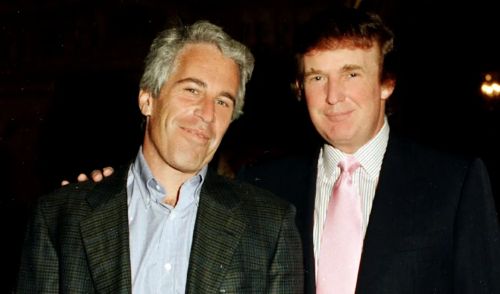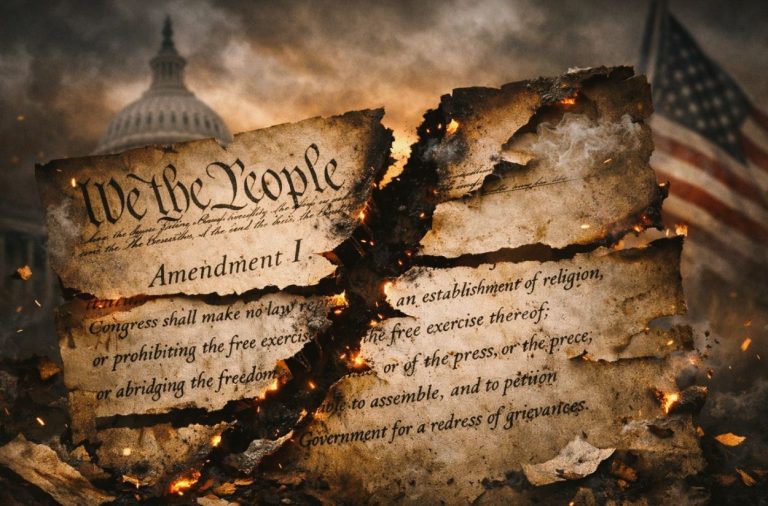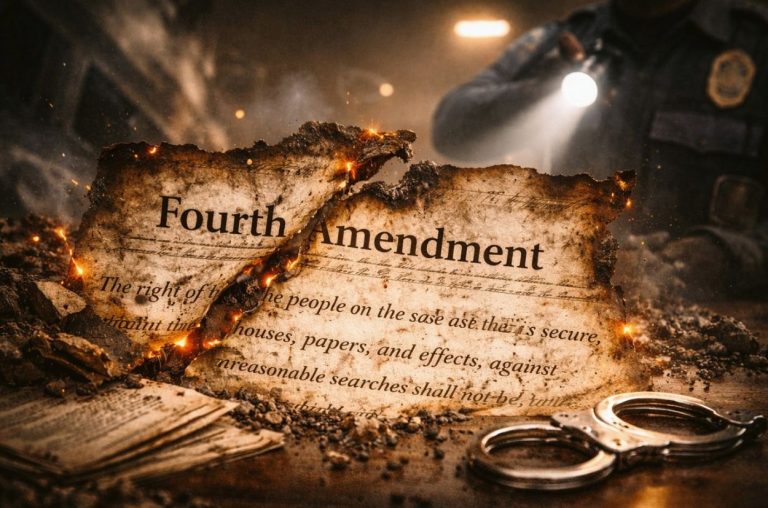

Epstein may be gone, Maxwell imprisoned, but the ledger they left behind cannot be trusted. It tells us less about who they knew than about who they wanted us to forget.

By Matthew A. McIntosh
Public Historian
Brewminate
Introduction: A Record Altered Before Our Eyes
The scandal surrounding Jeffrey Epstein has always been as much about secrecy as it has been about exploitation. Names, lists, and files carry as much weight as testimony. Each new disclosure arrives clouded by suspicion: is this the whole story, or only the part someone wants us to see?
Now a newly uncovered email shows Epstein himself instructing Ghislaine Maxwell to erase around fifty names from his list of associates. Among them was Donald Trump. The revelation turns speculation into evidence of intentional manipulation, suggesting that the ledger of Epstein’s life was never a record at all but a curated fiction.
The Email and Its Implications
According to Forbes, Epstein’s email to Maxwell was not subtle. It laid out instructions to strip dozens of names (politicians, business figures, cultural elites) from his circle of contacts. Roughly fifty individuals were slated for erasure.
That scale matters. It suggests not just an isolated case of reputation management but a coordinated sweep of the record. Trump’s name is the one that makes headlines, but the presence of dozens of others hints at a larger, bipartisan roster of influence. The email implies Epstein knew exactly which associations would prove most damaging and wanted them excised.
The danger of such editing is obvious. Once names are deleted from the official narrative, they may never resurface. What remains looks clean, even innocent, while the truth has been quietly buried.
Epstein, Trump, and the Politics of Proximity
Trump’s name in Epstein’s world is not a mystery. The two men were photographed together in the 1990s, attending parties at Mar-a-Lago and in New York. Trump has since insisted they were never close, portraying himself as someone who cut ties early when Epstein’s reputation darkened.
But the fact that Epstein wanted Trump’s name gone suggests a different calculus. Erasing a casual acquaintance would be unnecessary. Erasing a liability is something else entirely. Why did Epstein believe Trump’s inclusion on that list was worth hiding?
This question is sharpened by Maxwell’s later testimony to the Department of Justice. In transcripts published by PBS, she said she never saw Trump act “inappropriately.” On its face, the statement may sound exculpatory. In the context of the email, however, it begins to look more like part of a deliberate attempt to protect Trump’s reputation.
The Broader Pattern of Erasure
The Epstein saga is littered with missing pieces. His 2008 plea deal was sealed under extraordinary conditions, limiting public access to the full scope of his crimes. The infamous “black book” of contacts circulated in partial form, some pages heavily redacted, others curiously absent. Flight logs have been released, but not all at once, and not always consistently.
This email fits seamlessly into that history of disappearance. What makes it unique is its clarity: a direct order from Epstein himself to Maxwell to excise names. It was not a clerical oversight or a lawyer’s redaction, but an intentional act of erasure by the man at the center of the scandal.
That detail shifts the narrative. For years, debates have swirled over whether Epstein’s networks were obscured by incompetence or by design. The email tilts the balance toward design, a conscious effort to manage what the world would one day see.
Cultural Memory and the Weaponization of Records
Archives are supposed to anchor truth. They can also be manipulated to shape memory. In authoritarian states, records are routinely rewritten to shield leaders and smear enemies. In democracies, the practice is more subtle, hidden beneath the language of privacy protections or national security.
Epstein’s email demonstrates that even personal archives can be weaponized. By cutting out the names of Republicans like Trump while leaving others exposed, the files become less about truth and more about political narrative. That concern grows louder when placed alongside Joseph Schnitt’s recently recorded remark about removing conservative names from the Epstein files while leaving Democrats visible.
What emerges is not transparency but curation. And curation is a dangerous substitute for truth.
Survivors and the Shadow of Betrayal
For Epstein’s victims, every revelation of concealment lands as a fresh wound. Their abuser’s crimes were enabled by the powerful, and now it seems those same powers are editing the history of that abuse. The survivors’ search for accountability has already been undermined by sweetheart deals and sealed files. The idea that names were scrubbed before the record was even complete suggests betrayal on yet another level.
Some survivors have spoken of feeling as though justice is always deferred, that every legal process seems to collapse before it reaches the people who mattered most. The email validates those fears. It shows that Epstein and Maxwell were not just complicit in crimes of abuse but in crimes against memory itself.
What Comes Next
The immediate question is whether more such communications exist. If one email directed the removal of fifty names, are there others? Were different lists edited at different times? And crucially, who now controls those altered records?
Congressional committees have already demanded answers about Maxwell’s prison transfer and her interviews with DOJ officials. This revelation will likely intensify their push. But history suggests accountability may be slow, if it comes at all. The machinery of erasure is not easily reversed.
Conclusion: The Ledger That Lies
The uncovered email makes one truth unavoidable: the Epstein files cannot be read as neutral documents. They are artifacts of manipulation. Epstein himself understood the power of records, what it meant for his name, and for others, to appear or to vanish.
Trump’s inclusion on the erased list elevates the political stakes, but the deeper issue is broader. Once archives are rewritten, they no longer serve the public. They serve those who control the pen. Epstein may be gone, Maxwell imprisoned, but the ledger they left behind cannot be trusted. It tells us less about who they knew than about who they wanted us to forget.
Originally published by Brewminate, 09.16.2025, under the terms of a Creative Commons Attribution-NonCommercial-NoDerivatives 4.0 International license.


